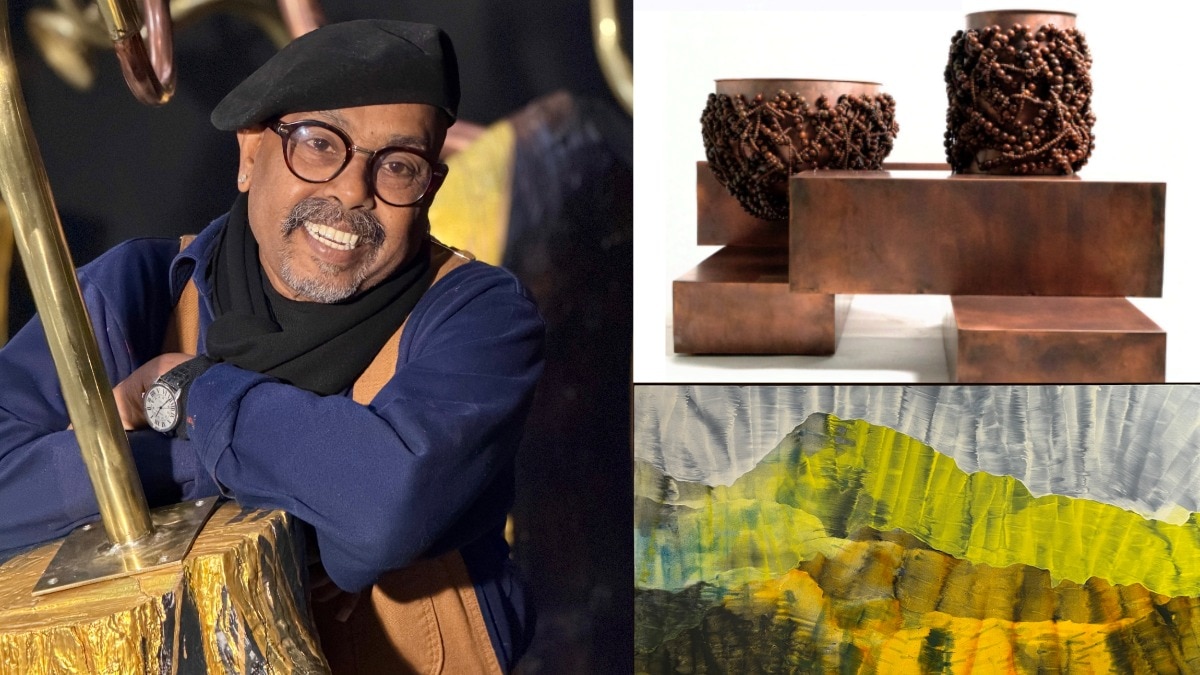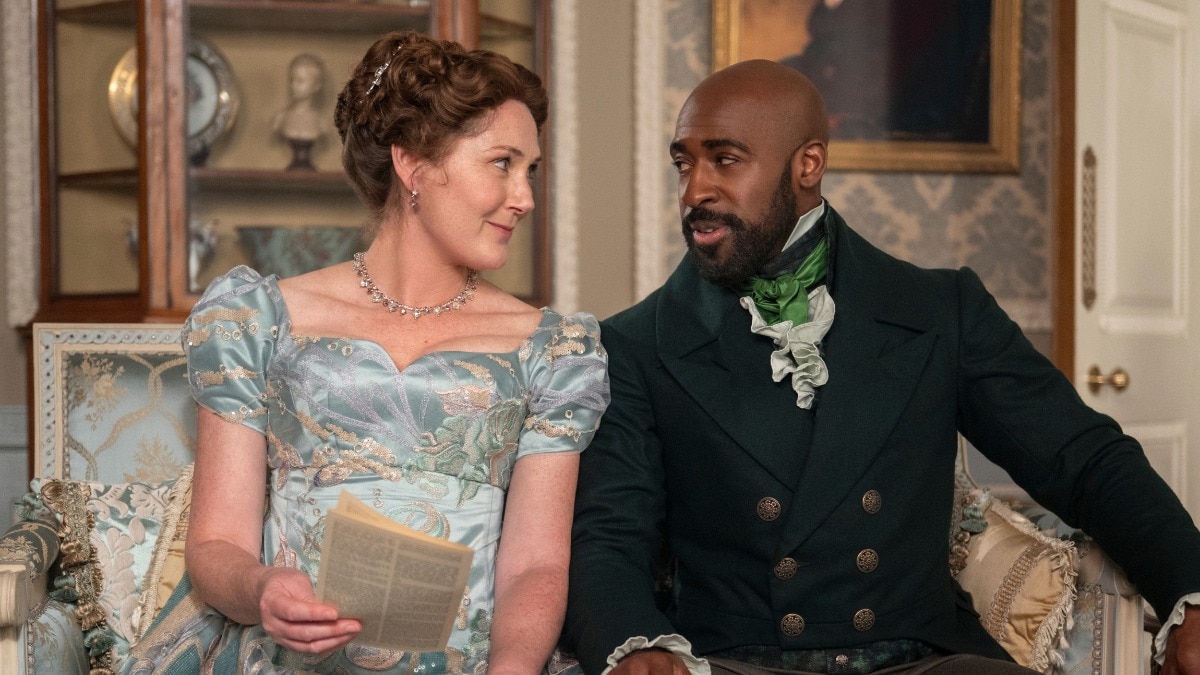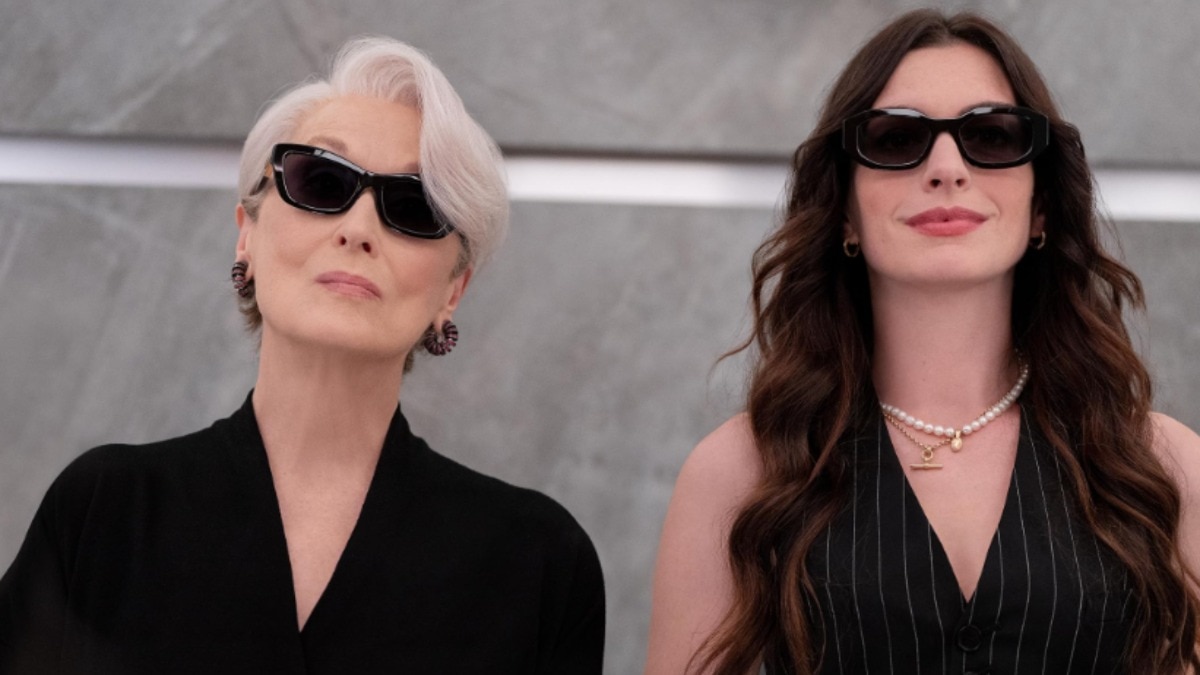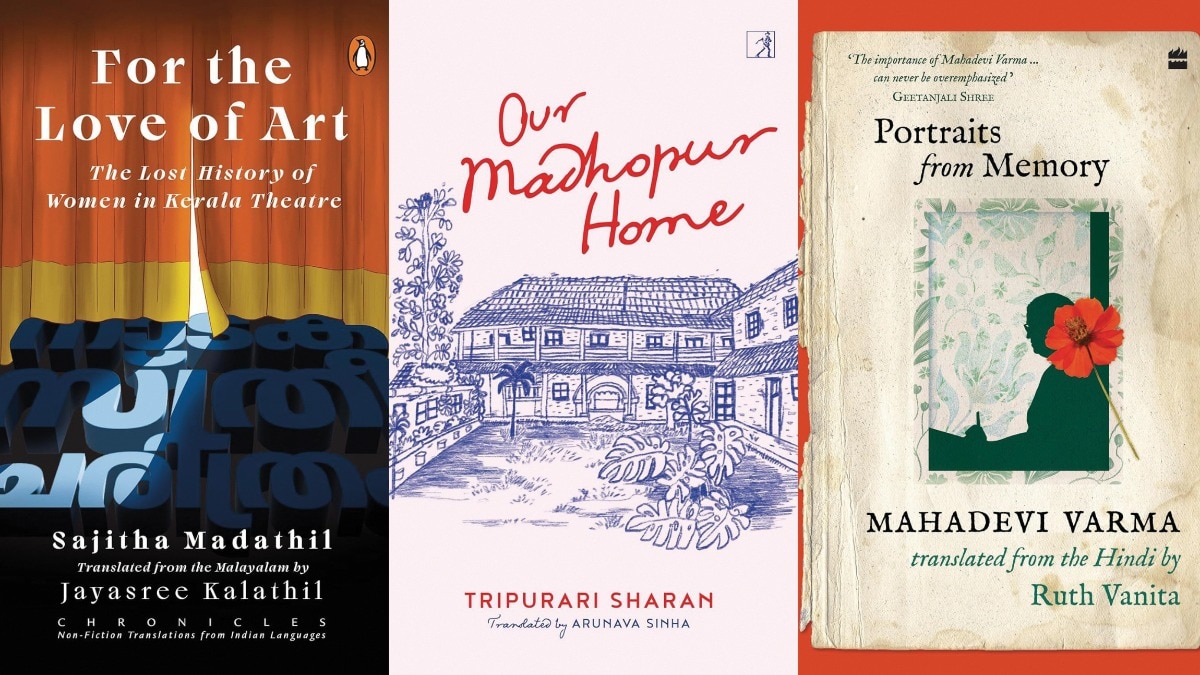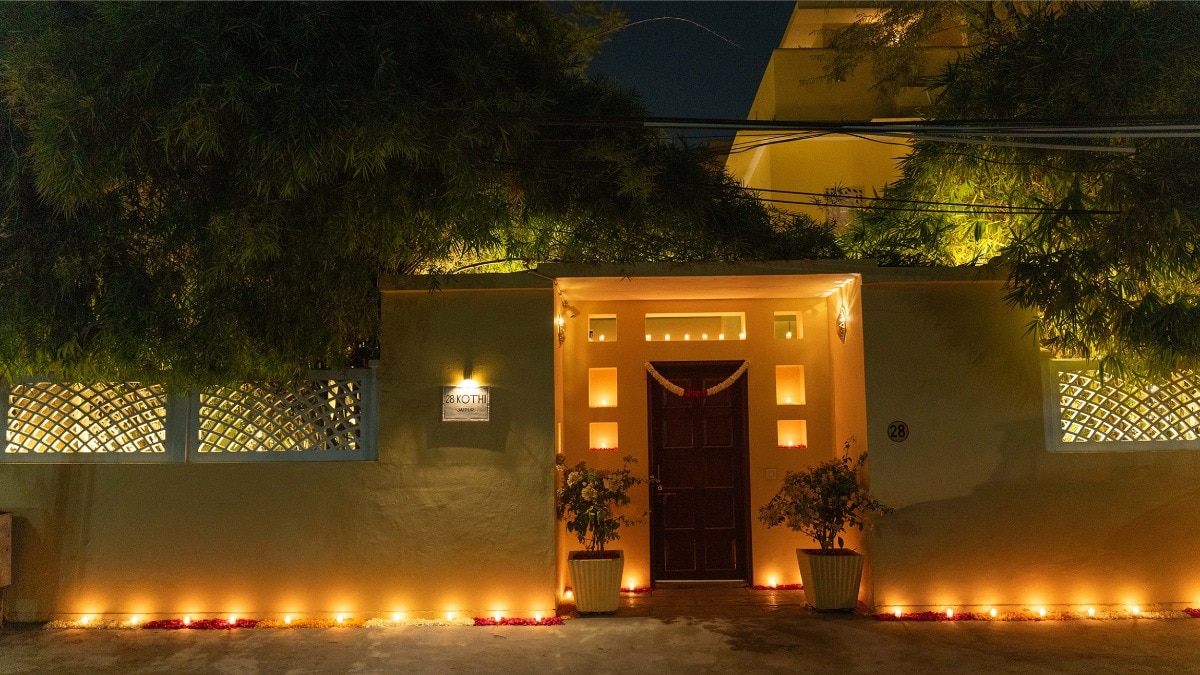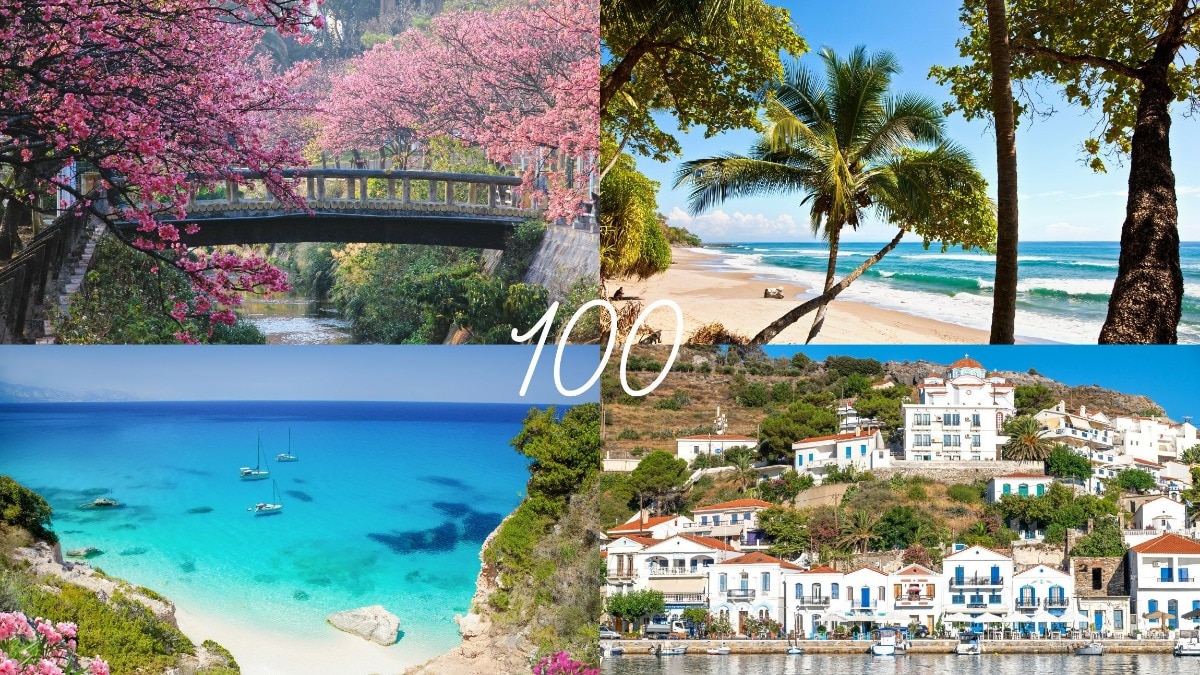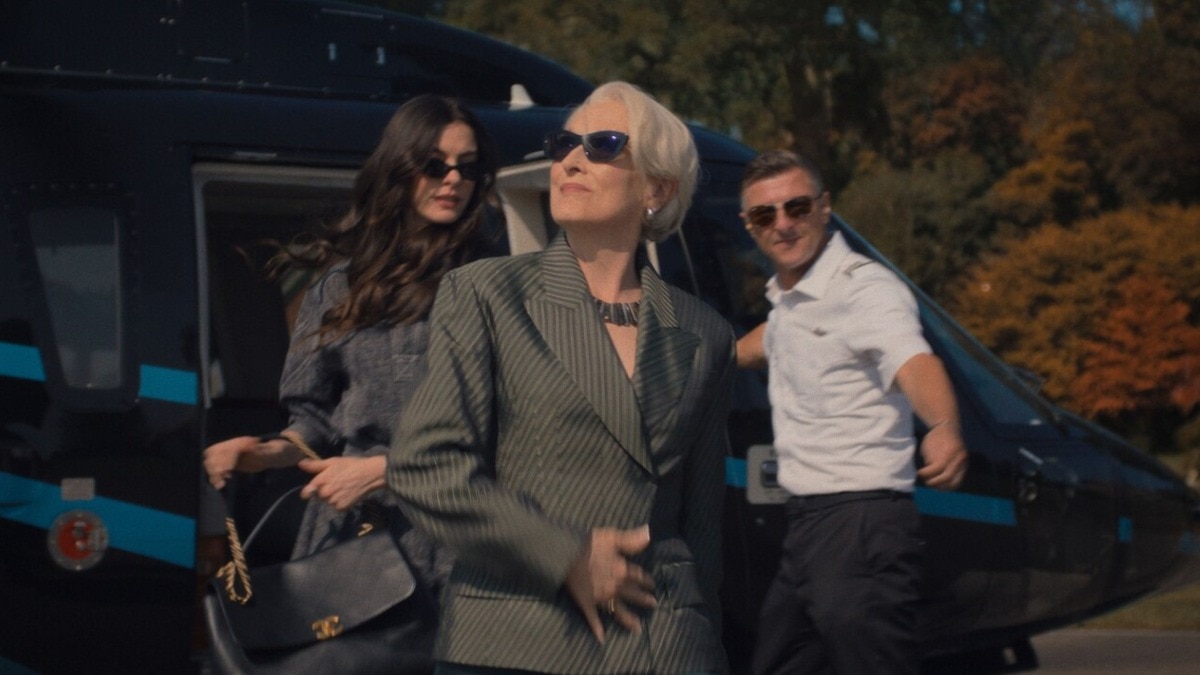
Sunil Kant Munjal on what makes the Serendipity Arts Festival unlike all others
"SAF is a bridge between India and the world," he says when discussing future plans and why there is no place like Goa for it.


Goa, the sunshine state known for its beaches, nightlife and susegad way of life is fast becoming a cultural hub, thanks to a series of festivals that promote both visual and performing arts. One of the largest happens to be the Serendipity Arts Festival (SAF), now in its eighth edition (including two years when it was online during the pandemic).
The SAF spans across various disciplines, such as performing, visual, culinary, and performance arts and crafts. The 2023 festival edition that took place in December featured more than 150 events and showcased creations of over 1,500 artists. It was curated by 10 experts—Sandeep Kumar Sangaru and Anjana Somany (crafts), chef Thomas Zacharias and The Locavore Team (culinary), Bickram Ghosh along with Ricky Kej (music), Geeta Chandran and Mayuri Upadhya (performances), Veerangana Kumari Solanki and Vidya Shivadas (visual arts) and Quasar Thakore Padamsee (theatre).The festival spanning nine days was spread over 18 locations and subvenues across Panjim and was attended by art lovers from over 50 countries, with an average of a lakh footfall a day. Bazaar India spoke to Sunil Kant Munjal, the chairman of Hero Enterprises and founder patron of Serendipity Arts Foundation, on what makes SAF distinct, Goa as a venue and what’s next for the festival.

Harper’s Bazaar: What was the major objective behind SAF and what makes it so distinct?
Sunil Kant Munjal: We’ve inherited the richest cultural heritage in the world, barring none. But sadly, over a period of time, the exposure has declined. Access has become limited—almost exclusive to a few. So, one of the objectives of the festival was to provide access to a wide variety of art forms to the general public, without limiting it to any one. So, it’s unlike any other art show that you would go to. It’s very experiential. You can engage with artists and artisans. There are workshops and conversations going on. We have also attempted to make it more accessible and inclusive. So, our venues are wheelchair accessible, there are descriptions in braille. We are trying to bring in a large section of the population, which is generally absent from our lives. We bring in busloads of street children, kids from orphanages, young girls, transgender communities, elders from care homes. Deaf, mute and blind visitors and those with learning disabilities. And for all of them, we run special curated programmes.

HB: What’s next for the festival?
SKM: I don’t think we have done enough yet. I think there is a lot more to do. So, what next is not a question that we ask ourselves too often except to say that we will continue to push the boundaries of what we are doing.We currently have artists from over 20 countries.We are looking at SAF as a bridge between India and the world.

HB: Does that mean SAF will go to other countries or other cities in India?
SKM: We have requests from places such as London and Dubai along with other states in India and we are considering it. But it requires a lot of planning. Hopefully we will have good hosts in these places who can help with local facilitation. There are so many moving parts.You’re dealing with people, equipment, technology, etc. There are logistics and permissions to be dealt with.Also, we focus on all art forms and therefore, it has an added complexity. So, it’s not as if you are just taking one play or one music performance...we can do that, but then it would not be the complete essence of Serendipity.
Having said that, Goa has been a great partner. The government has been extremely supportive. It’s also a great venue in terms of air and train connectivity, having hotels at all price points, beautiful venues which are within easy distance of each other, a communtiy which is extremely supportive and patronises the arts.

HB: Do you think it is important to introduce art as an education to children—something that you’re doing at the festival—on a larger scale in a country like India?
SKM: I have no doubt whatsoever. Our big focus on STEM has helped us create an army of doctors, scientists and technicians. But what we have lost are our softer aspects. It is essential for us to add liberal studies to our education system to make us more complete in terms of our ability to comprehend and respond to situations. The earlier you start the better it is. In the last few years, the exposure to arts that SAF has provided to children seems to have had a domino effect. An independent Impact study showed that nearly 40 per cent more children have selected arts as a subject than before the festival started. That is encouraging because for us it is important to have a long-term impact over the people.
This article originally appeared in the January-February 2024 print issue of Harper's Bazaar India.
Also Read: India’s first collectible brand, Sevyn, is all about people’s undying passion for art
Four master couturiers open up about their eclectic home décor styles

